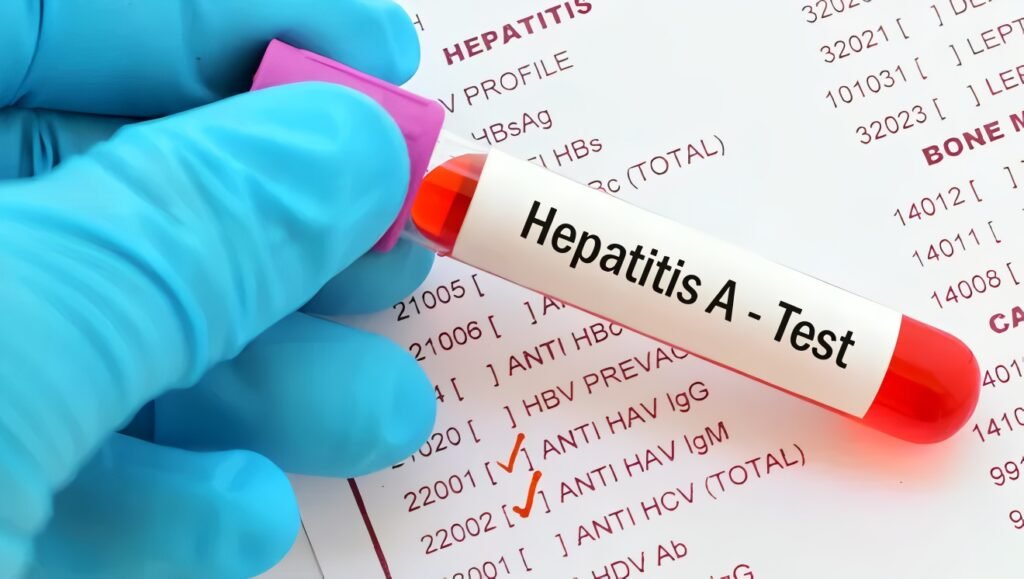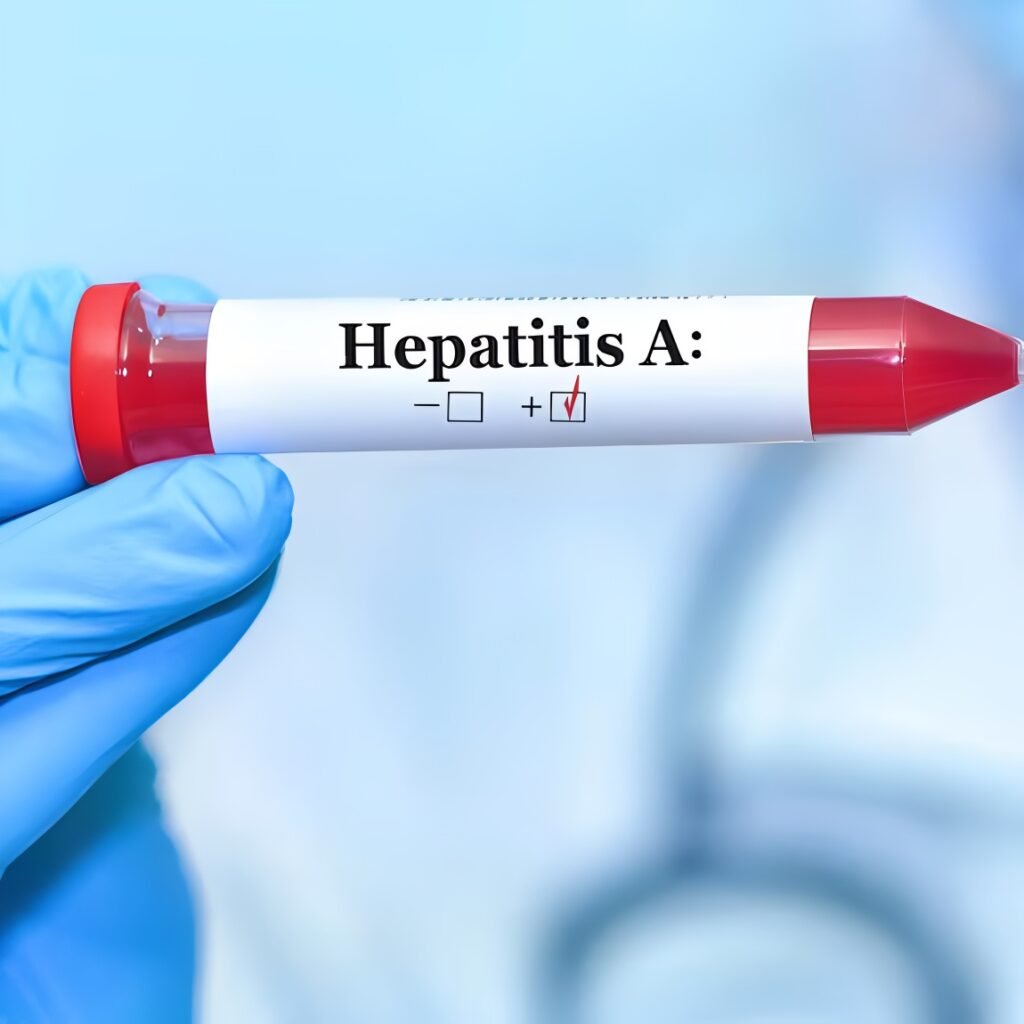
As Kerala slowly passes through the ordeal of the COVID-19 pandemic, a fresh health issue has surfaced: a hepatitis A epidemic in sections of the state. Infections have primarily surfaced in Avoly and surrounding panchayats in Muvattupuzha, some 47 km from Kochi. Health officials have confirmed over 50 cases so far, with the first one reported on May 30. Given the virus’s incubation period of two to six weeks, authorities expect more cases to surface in the coming days.
The suspected origin of the outbreak is a wedding held on May 3 in the Nadukkara ward of Avoly panchayat. Around 150 people from Avoly, Manjalloor, Arakuzha, and nearby localities of Alappuzha and Idukki districts attended the function. Preliminary reports suggest that contaminated food and water consumed during the occasion might have caused the outbreak.
What is Hepatitis A?
Hepatitis A is a highly contagious liver illness caused by the hepatitis A virus (HAV). It spreads primarily through consumption of contaminated feces-containing food or water of an infected person. The illness can also be transferred by intimate contact with the infected person or by contact with contaminated objects. After gaining entry into the body, it leads to inflammation of the liver, interfering with its normal functioning.
As opposed to some of the other types of hepatitis, hepatitis A is not a cause of chronic liver disease and is seldom fatal. It can, however, lead to extremely serious illness in a few individuals, especially older individuals or those with pre-existing liver disease.
Recognizing the Symptoms
Some time is necessary for symptoms of hepatitis A to manifest and tend to be erratic. The typical symptoms are
· Fever
· Loss of appetite
· Diarrhea, vomiting, or nausea
· Abdominal pain
· Jaundice (yellow discoloration of skin and eyes)
· Dark urine
· Weakness and fatigue
· Arthritis
· Itchy skin
Some people, particularly children, might remain asymptomatic or develop very mild symptoms. For others, symptoms last for weeks or months.

Preventing It
Vaccination is still the most effective way to prevent hepatitis A. Two doses of the vaccine are given: an initial vaccination followed by a booster 6 to 12 months later.
Apart from vaccination, you may lower your risk by observing the following precautions:
• Drink clean and safe water.
• Avoid raw or undercooked meat and seafood.
• Wash fruits and vegetables thoroughly.
• Keep your hands clean, especially before taking meals or after a toilet visit.
• Avoid street food and cut fruits.
• Use safer sex to prevent oral-fecal transmission.
In Conclusion
Kerala’s Hepatitis An outbreak directs us to the need for food safety, hygiene, and public health awareness. Although the disease is treatable and most people recover fully with a lifelong immunity, timely awareness and preventive action are crucial. Officials are urging people who have been at the Avoly wedding or develop symptoms to visit doctors as quickly as possible.









